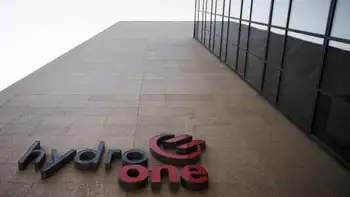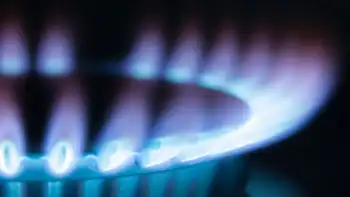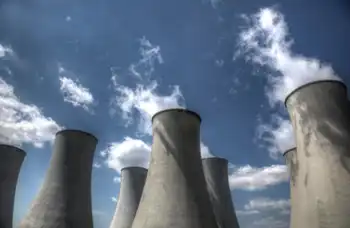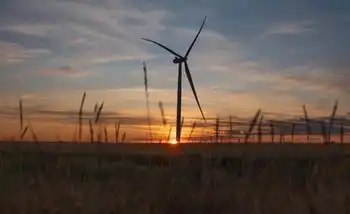Detroit Edison files with NRC to build new nuke
The utility applied for a combined construction permit-operating license, or COL, to build a 1,500 MW unit using GE Hitachi Nuclear Energy's Economic Simplified Boiling Water Reactor design. Detroit Edison currently operates Fermi-2, a 1,217-MW pressurized water reactor, at a site 35 miles south of Detroit.
DTE said "the NRC estimates that it could take up to four years to review the application and issue a license." An initial acceptance review should be complete in 60 days, it said.
The utility has not yet decided whether to build the new nuclear unit, but DTE Energy Chairman and CEO Anthony Earley said filing for the COL this year "maintains eligibility for a portion of $6-billion [in] tax credits should the plant be built." Congress approved these tax credits in the Energy Policy Act of 2005.
DTE's analysis "so far shows that nuclear power will, over the long term, be the most cost-effective baseload option for our customers, Earley said.
"Our analysis indicates the ESBWR, compared to the other advanced reactor designs, will have the lowest cost overs its full lifecycle," he added.
"We expect nuclear to remain the low-cost option, but we will continue to evaluate nuclear against other resources and will commit to proceeding with construction only at the right time and at the right cost," Earley said.
He criticized the "hybrid market structure that places the state's utilities in a partially regulated old model and a partially competitive new model. This structure fails to provide the certainty required for power plant investment that is critical to Michigan's future," he said. "Investors want reasonable assurance that these large investments can be recovered."
Related News

Hydro One Q2 profit plunges 23% as electricity revenue falls, costs rise
TORONTO - Hydro One Ltd.'s (H.TO 0.25%) second-quarter profit fell by nearly 23 per cent from last year to $155 million as the electricity utility reported spending more on tree-trimming work due to milder temperatures that also saw customers using less power.
The Toronto-based company - which operates most of Ontario's power grid - says its net earnings attributable to shareholders dropped to 26 cents per share from 34 cents per share when Hydro One had $200 million in net income.
Adjusted net income was also 26 cents per share, down from 33 cents per diluted share in the second quarter of 2018.
Revenue was $1.41 billion, down from…





